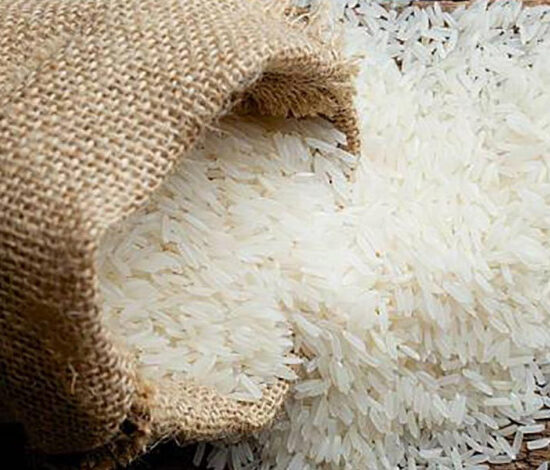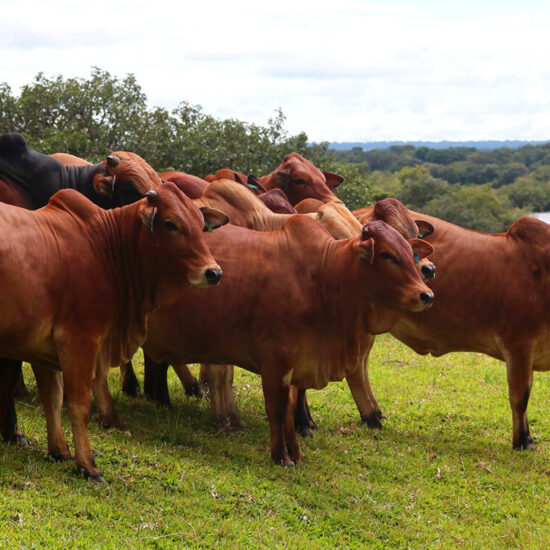
The Lifting of the ban on importation of potatoes which was expected to result in market price reduction has had little to no effect on the obtaining market prices.
This has been confirmed by the the Zambian Fruit and Vegetable Traders Association who have exclusively told the Zambian Business Times – ZBT that the prices of potatoes in the country have remained the same despite the lifting of the ban. The traders association has attributed this policy failure to the exchange rate depreciation which has negated positive effect that would have resulted from flowing in of imports.
Association President Bernard Sikunyongana told ZBT that the price of potatoes has not gone down because of the Kwacha, which has not stabilized and continued to marginally depreciate, thereby making the cost of doing business or importing high.
Sikunyongana said whenever imports were allowed in the past, prices would come down to K85 and K90 but now the price of a 10Kg bag is K130 and looking at how much is being spent on the importation, prices are going to remain at above K120.
Speaking in an exclusive interview with ZBT, Sikunyongana said a 10kg bag of imported potatoes is going at K130 with locally produced potatoes being sold at K135 for the same quantity.
He noted that the exchange rate is limiting the price reduction but prices will not exceed K130 and if the kwacha can appreciate and come to 18.5 or 18, a 10Kg bag of potatoes can be sold below K100, which cannot be done now, as that would result in losses.
“The exchange rate here has continued to be high; the exchange rate in South Africa is dropping, as am speaking now it is at 14 rands to one US dollar, while here it is at 22.90 per one US Dollar, look at the difference, we are losing a lot of money”, he said.
“When we are buying there, we are buying in rands meaning when you get US dollars from here, you reach South Africa you have to change them into rands, rand is at 14, and here we are buying at 22 so look at the gap”, he said.
He further said if the local supply does not improve, government would extend the importation quota in order to ensure that the product is available in the country and prices remain stable adding that if the country completely runs out, prices may go to over K150.
Sikunyongana however commended the Bank of Zambia (BOZ) Governor Chris Mvunga for increasing the withdrawal amount as limiting withdrawals was a challenge, which has now reduced.
“Before the Bank of Zambia extended the figure, you were only allowed to withdraw K25, 000 and that K25, 000 you have to withdraw it through writing a letter to the bank. Imagine if I want K400, 000 to make a truckload, how many times will I be withdrawing that money for me to make K400, 000”, he said.
He said people were hesitating to keep money in the bank because it would take long for them to get huge sums of money adding that this increase will make it easy to make transactions with the bank. He mentioned that people would now increase their deposits, as they would be assured of easy access to the money when they need it.
The Bank of Zambia – BOZ has struggled to hold and defend the Kwacha which has led to imported inflation. This imported inflation has also driven local inflation and increasing of the cost of food and non food items.
Analysts have challenged the central bank to be more innovative and come up with novel ways to claw back some of the lost value of the Kwacha. It seems the Kwacha can only depreciate and never seems to claw back its value once lost, why is this the case in Zambia?
BOZ on paper boosts of having highly trained experts and technocrats who are well paid, yet the so called experts at BOZ never seem to come up with any innovative ways to defend the Kwacha. Yes there are some fiscal challenges but innovation is also needed as these times are compounded by the COVID pandemic.







